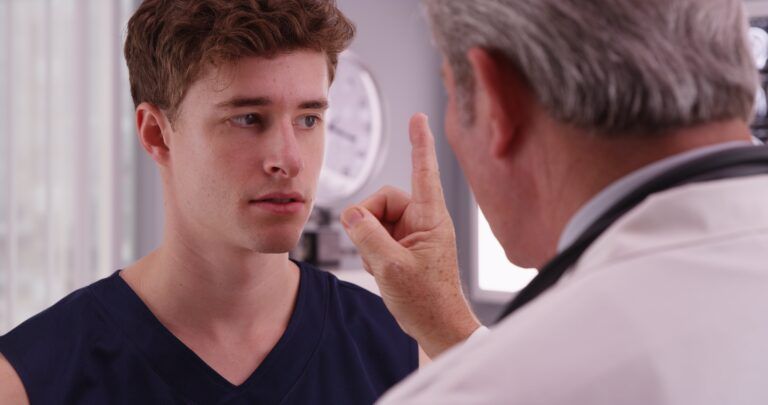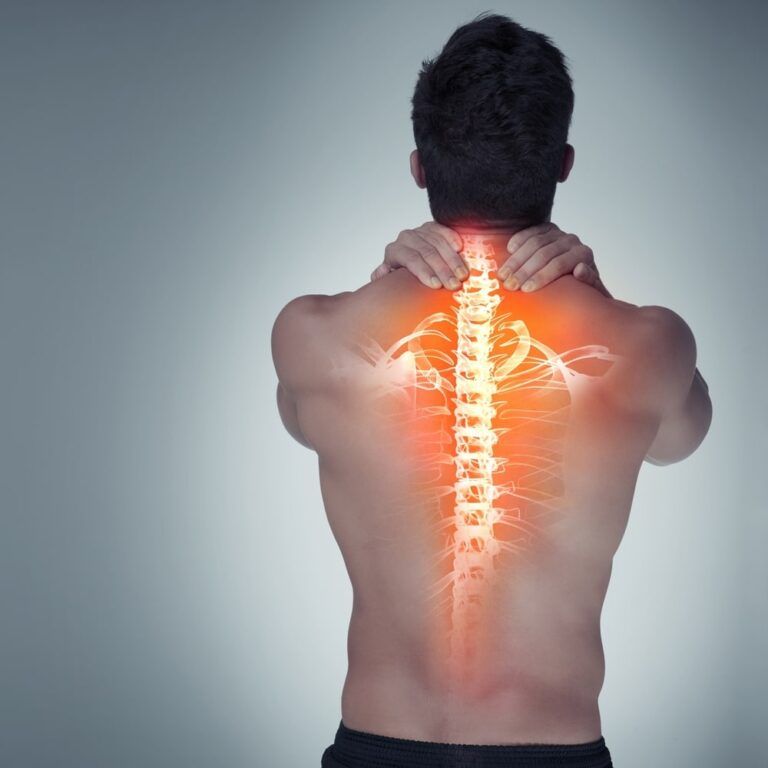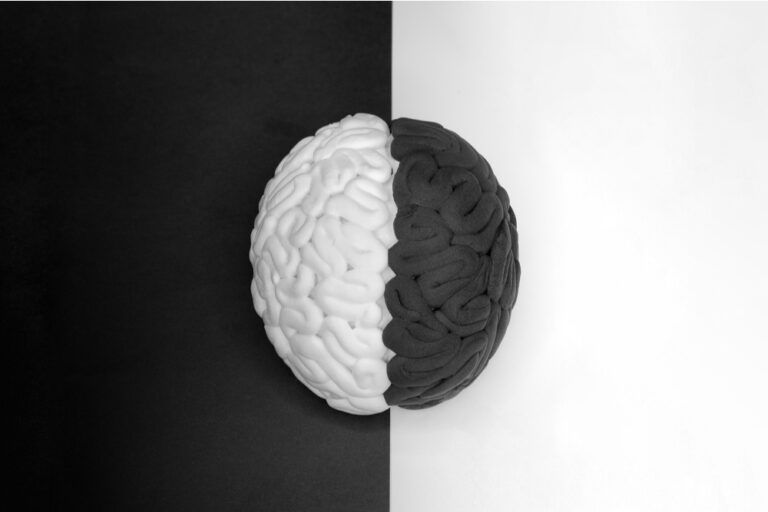September is Suicide Prevention Month, a time dedicated to raising awareness, fostering understanding, and promoting action to prevent suicide. At our concussion clinic, we’re taking this opportunity to highlight the often-overlooked connection between concussions and mental health, particularly the increased risk of suicide in individuals who have experienced traumatic brain injuries (TBIs).
Understanding the Connection
Concussions, a form of TBI, are more than just physical injuries to the brain. They can lead to a cascade of emotional and psychological challenges that may increase the risk of mental health issues, including depression, anxiety, and, in some cases, suicidal thoughts or behaviors. Research has shown that individuals who have suffered multiple concussions or severe head injuries may be at a heightened risk of suicide.
The Psychological Impact of Concussions
The aftermath of a concussion isn’t always visible. While physical symptoms like headaches, dizziness, and fatigue are common, the emotional and cognitive effects can be just as debilitating:
- Depression and Anxiety: The changes in brain chemistry caused by a concussion can lead to feelings of depression and anxiety. The frustration of dealing with lingering symptoms and the potential disruption to daily life can exacerbate these feelings.
- Irritability and Mood Swings: Many individuals report experiencing mood swings, irritability, and increased sensitivity to stress after a concussion, which can strain relationships and lead to social isolation.
- Sleep Disturbances: Concussions often disrupt normal sleep patterns, leading to insomnia or excessive sleepiness, which can worsen mental health.
- Cognitive Challenges: Difficulty concentrating, memory problems, and a sense of being in a “fog” can make everyday tasks feel overwhelming, leading to feelings of helplessness.
The Importance of Early Intervention
Given the potential for serious mental health consequences following a concussion, early intervention is crucial. If you or someone you know has sustained a head injury and is experiencing emotional or psychological distress, it’s important to seek help right away. Don’t dismiss these symptoms as just part of the recovery process—they can be indicators of deeper issues that need to be addressed.
How We Can Help
Our clinic is committed to providing comprehensive care that addresses both the physical and psychological aspects of concussions. We work closely with mental health professionals to ensure that our patients receive the support they need. Whether it’s counseling, therapy, or simply a compassionate ear, we’re here to help guide you through your recovery journey.
Steps to Take for Suicide Prevention
If you or someone you care about is struggling with suicidal thoughts, immediate action is necessary:
- Reach out: Don’t hesitate to talk to someone you trust about what you’re going through. If you’re not comfortable speaking to someone you know, many helplines offer confidential support 24/7.
- Seek professional help: Contact a mental health professional who can provide the appropriate care and interventions.
- Create a safety plan: Work with a healthcare provider to develop a safety plan that includes warning signs, coping strategies, and emergency contacts.
- Educate yourself and others: Learn the warning signs of suicide and be prepared to take action if you recognize them in yourself or someone else.
During Suicide Prevention Month, we encourage everyone to take a moment to reflect on the importance of mental health, especially in the context of concussions and TBIs. It’s essential to recognize that recovery from a concussion involves more than just healing the brain; it also requires attention to emotional and psychological well-being.
At our clinic, we’re dedicated to supporting our patients in every aspect of their recovery. By addressing both the physical and mental health challenges associated with concussions, we aim to help our patients not only heal but thrive.
Remember, you’re not alone. If you’re struggling, reach out for help. Together, we can make a difference in the fight against suicide.
If you or someone you know is in crisis, please contact the National Suicide Prevention Lifeline at 1-800-273-TALK (1-800-273-8255) or text HELLO to 741741 for the Crisis Text Line.

















